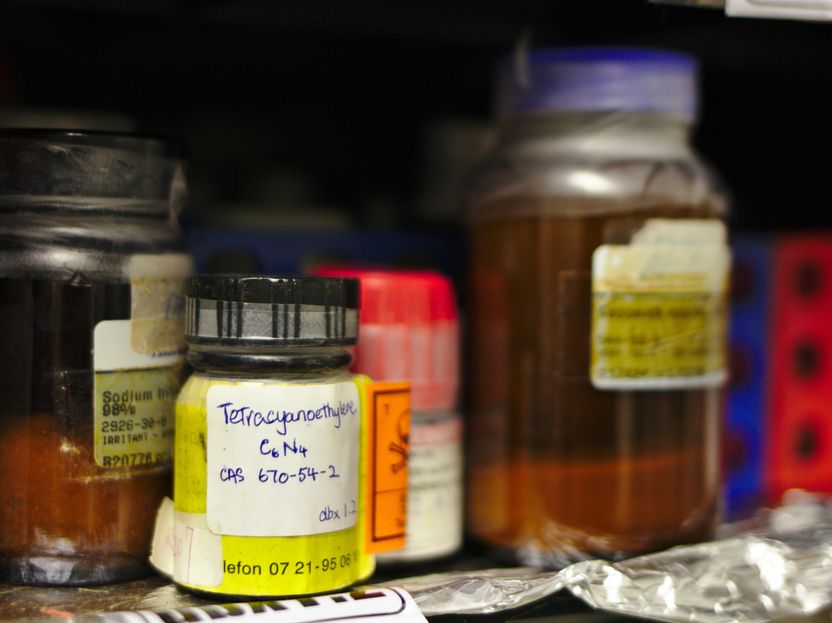Restriction and authorisation found to drive replacement of harmful chemicals
Replacing harmful chemicals with safer alternatives and greener technologies is strongly driven by regulation
Advertisement
While restrictions and authorisation directly encourage European industry to substitute harmful chemicals, ECHA’s support for substitution has also played a role. ECHA’s two published reports uncover both the direct and indirect effects of REACH in driving substitution.

Photo by Chromatograph on Unsplash
Based on a survey of industry associations and more than 80 companies, many of which were affected by authorisation or restriction, around 19 % indicated that restriction is their main reason for replacing hazardous chemicals with safer alternatives.
Adding a substance to the Candidate List or Authorisation List were the next most significant triggers for companies, with authorisation selected by 15 % of the companies responding. Some companies have reportedly substituted when a regulatory management option analysis (RMOA) was still under development, and especially when the assessing Member State had, following the outcome of the RMOA, proposed a further regulatory risk management activity, such as identification of substances of very high concern.
Aside from regulation, companies also highlighted demands from their customers, enhancing their public image and adopting their own corporate sustainability policies as their main drivers to substitute hazardous substances with safer alternatives.
“It’s clear that the most innovative companies are those that have adopted a green mindset, with substitution at the core of their business activities. While regulation pushes for harmful substances to be replaced, moving away from them is also increasingly becoming an essential part of their corporate policies and the way towards a sustainable and greener Europe in the future,” says Bjorn Hansen, ECHA’s Executive Director.
The report outlines a combination of technical, economic and market barriers that companies face when substituting – including difficulties in finding technically-feasible alternatives, a lack of financial incentive and a reduced competitive advantage. Companies do, however, see decreases in worker exposure and emissions to the environment as the main benefits of substitution.
ECHA’s report on substitution-supporting activities with a focus on 2020-21 describes how ECHA has helped and intends to help companies overcome these barriers by:
- promoting training on analyses of alternatives to build organisations’ capacity for informed substitution;
- supporting Member States and industry stakeholders to organise supply chain workshops addressing substances on the Candidate and Authorisation lists, those proposed for restriction, and for biocidal products containing substances that are suitable candidates for substitution;
- maintaining substitution-related networks and promoting the concept of safe-by-design to enhance knowledge sharing, communication and coordination among stakeholders in the EU on these topics; and
- contributing to the OECD’s work on a guidance on safer alternatives to further support the EU’s work on substitution, including on the broader concept of susta




























































